If you or someone you love is struggling with sobriety, it might be time to look for a relapse prevention program as part of your addiction treatment. Far too often, people focus only on the physical detoxification from drugs, but they don’t address the mental and emotional struggle that may have led to addiction in the first place.
What Does Relapsing Mean?
Relapsing is when someone who was addicted to drugs, but tried to get clean and sober, went back to using drugs. Without proper aftercare or relapse prevention in addiction treatment, many people who struggle with drug and alcohol addiction are much more likely to get sober for a few weeks, few months, maybe even a few years, but then when things get stressful, or their PTSD and trauma get triggered, they go back to using drugs and alcohol for the same reasons as before.
What is Relapse Prevention?
Relapse prevention programs are designed to stop this cycle. Relapse prevention programs are cognitive-behavioral programs that are skills-based. It helps individuals work with a clinician to identify what puts them at risk for relapse.
This could be an internal risk like having negative thoughts about sobriety, or it could be an external risk like getting sober and then immediately hanging out with the same people you used to do drugs with.
Good relapse prevention starts by identifying what coping responses aren’t working for an individual and then developing more effective coping responses. When someone tries and fails, they are more likely to keep failing if they’re overwhelmed with negative thoughts. But suppose they understand how to change their thought patterns and they have the coping skills to turn down drugs and alcohol for the first time or go on a sober recreational activity instead of hanging out with their former drug dealer. In that case, they are more likely to develop increased self-efficacy and a positive sense of self. Each time this happens, it decreases the risk of relapse.
So, the more strategies are developed, including cognitive and behavioral strategies to address high-risk situations, the more effective someone can cope with high-risk environments or stress. This leads to a pattern of increased confidence, knowing that they can handle challenging situations without turning to drugs.
The Importance of Relapse Prevention in Addiction Treatment
The importance of relapse prevention in addiction treatment cannot be overstated. Every drug has a risk of relapse, especially when people who struggle with addiction turn to the cheapest, fastest form of rehab. Many programs today try to encourage people struggling with addiction to get the fastest detox, or just get a short detox or outpatient program, but then they leave them on their own without relapse prevention programs.
Particularly strong drugs like opioids, heroin, cocaine, and methamphetamines have a high rate of relapse if you don’t get the right aftercare.
How to Find the Best Relapse Prevention Program in San Francisco, CA
At Marina Harbor Detox, we offer the best relapse prevention program in San Francisco. We care about the outcome, not just the short-term triumph over the detox process but the long-term triumph of living a healthy, sober life.
A big part of this includes relapse prevention in addiction treatment plans. When you come to our facility, we work with you through an initial evaluation to figure out what programs will work best for you, what services and treatments will give you the skills you need to live your best life.
Our facility specializes in life skills and coping strategies that you can take with you when you return to normalcy, and things get stressful. Instead of returning to drugs when you feel anxious, depressed, angry, or otherwise overwhelmed, we help you through yoga, IV therapy, massages, Reiki healing, 12 step recovery meetings, and relapse prevention designed specifically for what you need most.
With Marina Harbor, you get a team of trained professionals who work with you individually to make sure that you get the services you need most. Every individual struggles with addiction differently, and every individual will need different types of relapse prevention strategies. If you need local aftercare services so that you can maintain long-lasting sobriety, our program director will meet with you to give you those resources before you get discharged. If you need a sober living environment while you continue to master things like cognitive behavioral therapy, positive psychotherapy, and your 12-step program, we can make that a reality.
If you are ready for reliable aftercare, let Marina Harbor Detox relapse prevention programs help you live a sober life.


